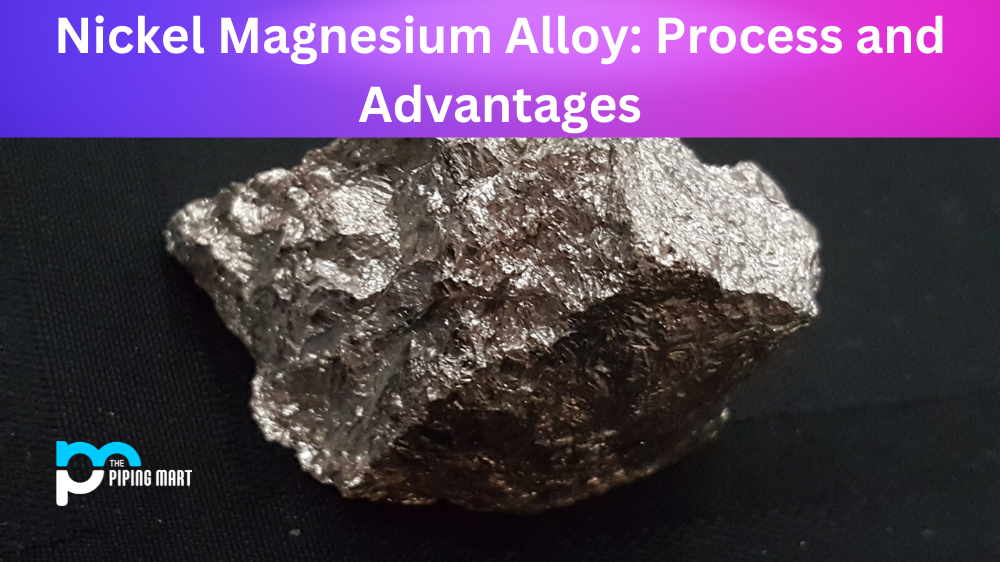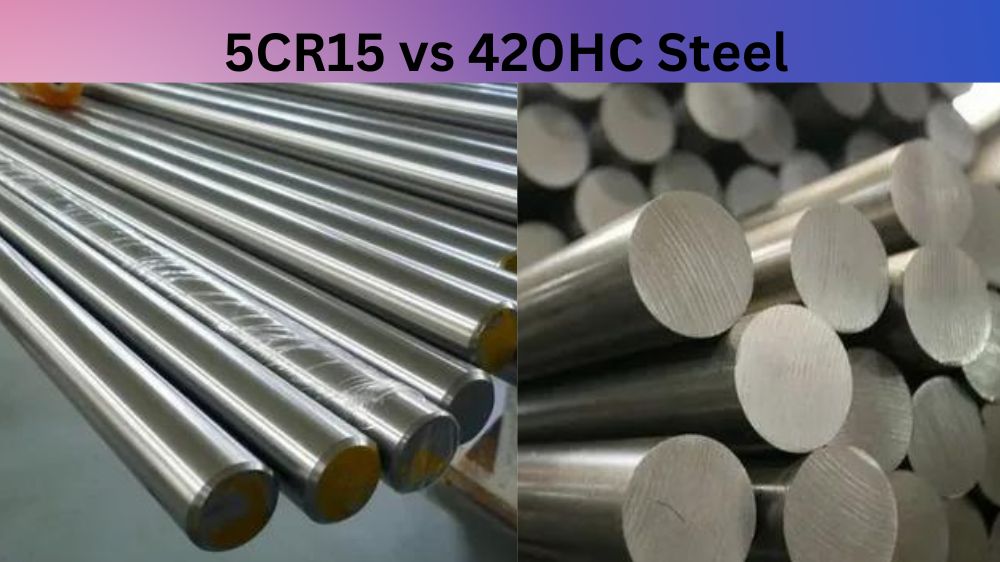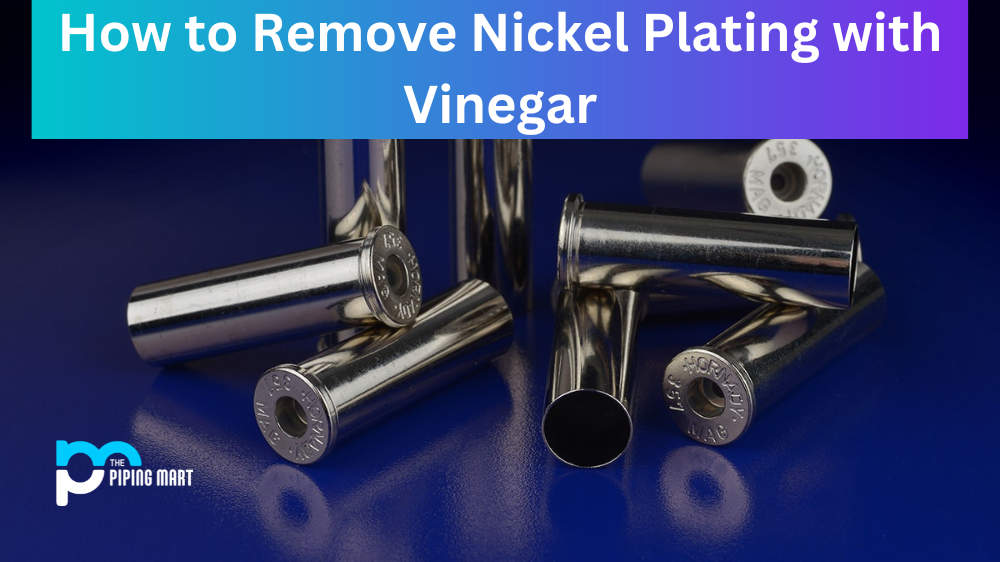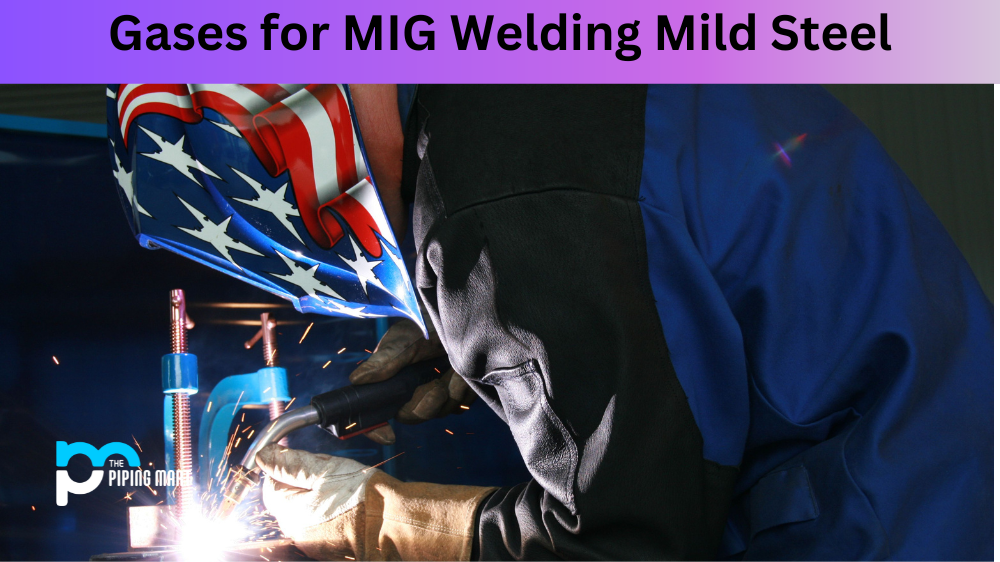Nickel magnesium alloy (Ni-Mg) is a popular metal alloy with many applications, from aircraft components to medical implants. It is known for its corrosion resistance and high strength-to-weight ratio, making it an ideal choice for many manufacturing processes. In this guide, we’ll explain how to make nickel magnesium alloy and its importance in today’s manufacturing industry.
Process of Making Nickel Magnesium Alloy
Making nickel magnesium alloy involves several steps. First, the raw materials must be melted together in a furnace at high temperatures—typically between 1,400 and 1,600 degrees Celsius. As the metals melt together, they form an alloy that must be stirred and cooled down slowly over the next few hours until it reaches the desired composition. Once cooled, the resulting Ni-Mg alloy must be cast into a mold or extruded into shapes such as tubes or wires before machining into its final form.
- Nickel magnesium alloys are made by combining nickel and magnesium in a furnace.
- The alloy is then cooled and formed into ingots.
- The ingots are then reheated and rolled into sheets.
- The sheets are then cut into desired shapes and sizes.
- Finally, the nickel magnesium alloy is heat treated to improve its properties.
Benefits of Using Nickel Magnesium Alloy
Nickel magnesium alloy has several advantages, making it an ideal material for many applications:
- It has excellent corrosion resistance due to its ability to form protective oxide layers on its surface when exposed to air or water.
- It is lighter than other metal alloys, such as steel. Still, it maintains a high strength-to-weight ratio which makes it ideal for use in aerospace and automotive engineering, where weight savings are important factors.
- Ni-Mg is suitable for welding and other fabrication processes, further increasing its versatility in manufacturing industries.
Conclusion:
Nickel magnesium alloy (Ni-Mg) is an incredibly versatile metal alloy with numerous valuable properties that make it perfect for many applications, from aircraft components to medical implants. Its combination of corrosion resistance, light weight, and strength make it an ideal choice for many manufacturing processes and industries. This guide outlined how Ni-Mg is made and some of its benefits that make it popular among engineers and manufacturers today. With this information, you can now move forward with confidence knowing that Ni-Mg will meet your needs no matter what project you have in mind!
Meet Heer, a dynamic and driven writer learning tricks of her trade in the metal industry. With a background in Digital Marketing, Heer brings a unique perspective to her writing, sharing valuable insights. Apart from blogging she like reading and hiking.




